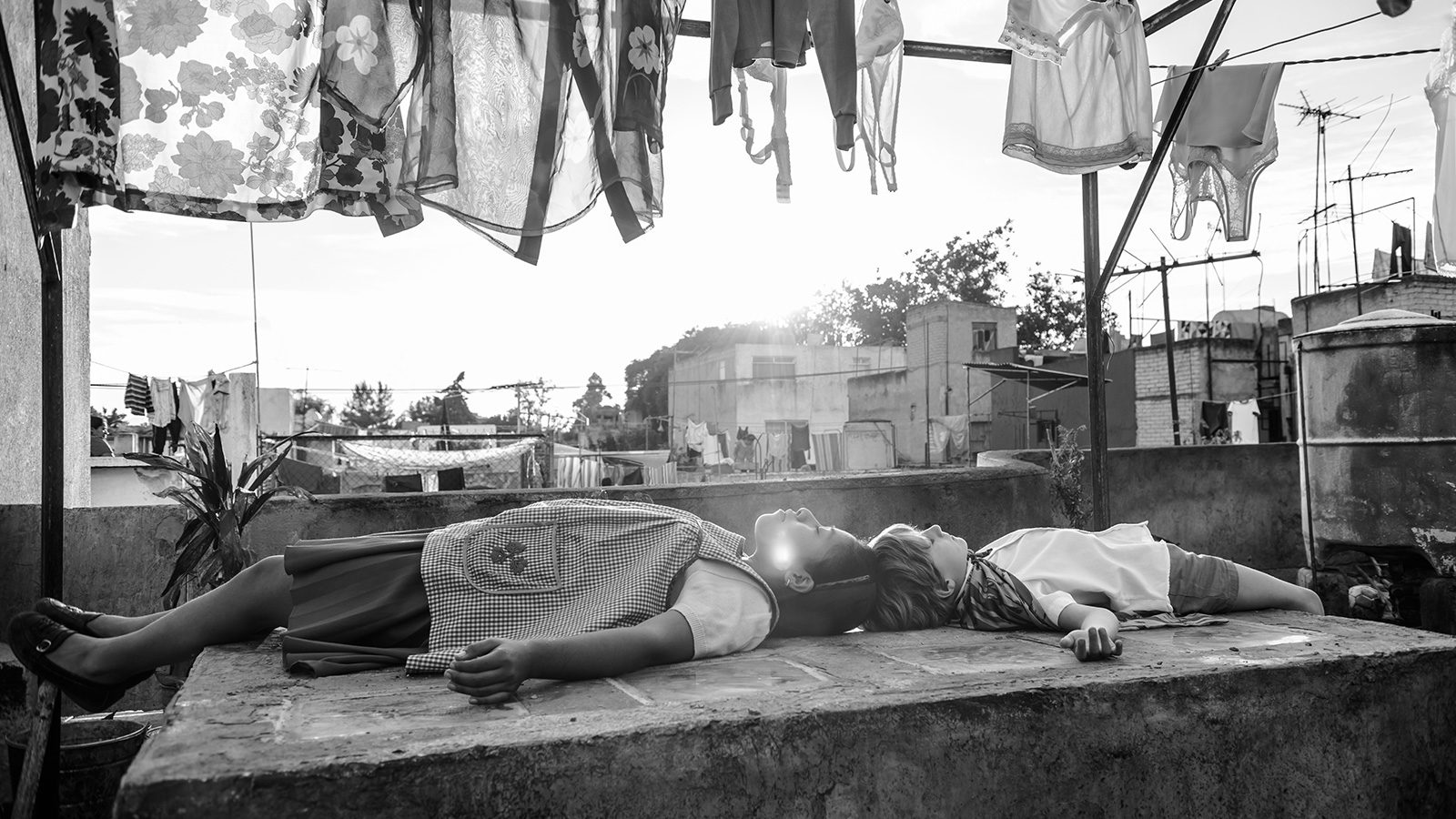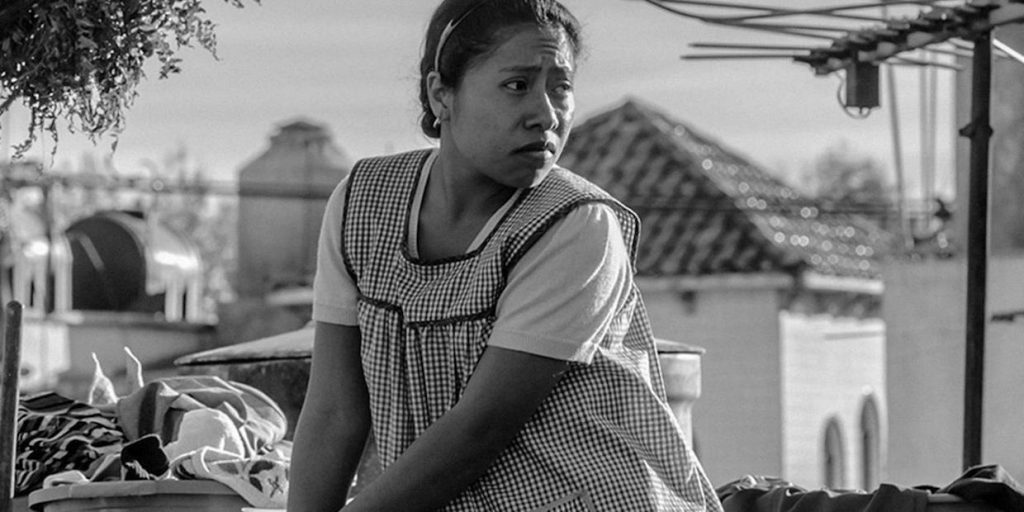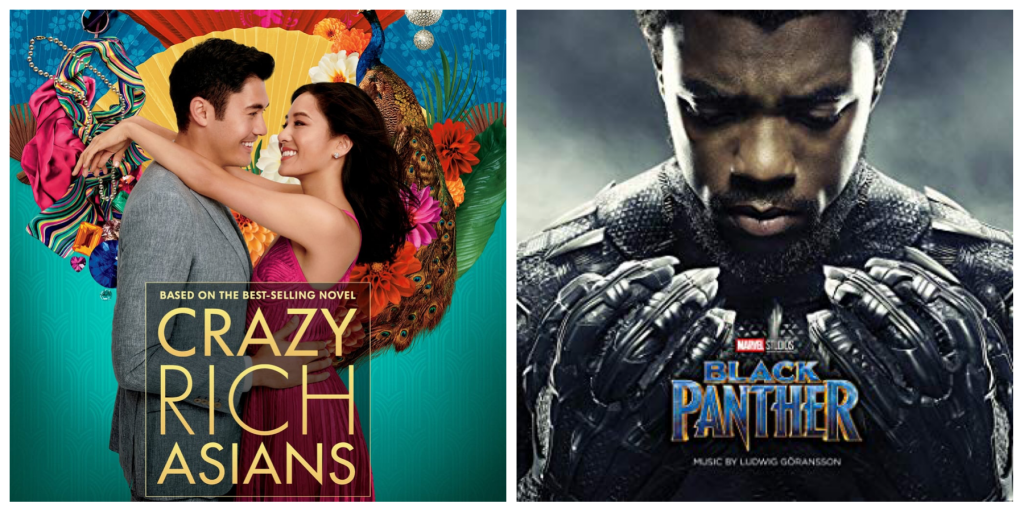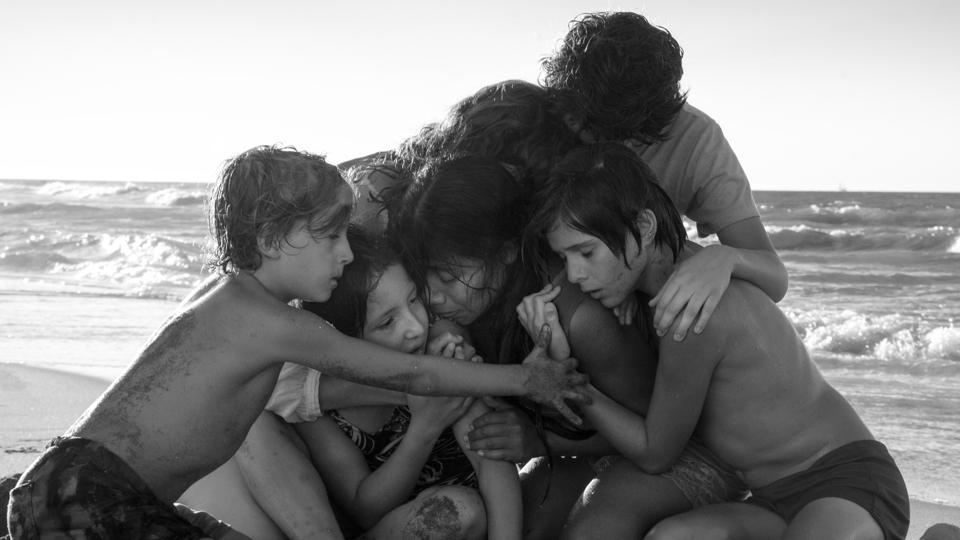Cinco de Mayo truths…

As many people throw back margaritas and fill up on taco’s today it’s surprising that many don’t really know the origins of “Cinco de Mayo” or in Mexico known as the Battle of Puebla Day. The origins of “Cinco de Mayo” come from a battle in 1862 when the French tried to invade Puebla, Mexico due to unpaid debts by the Mexican country. Some important names are associated with this time such as Benito Juarez, Napoleon III, and General Ignacio Zaragoza.
Who was Benito Juarez?
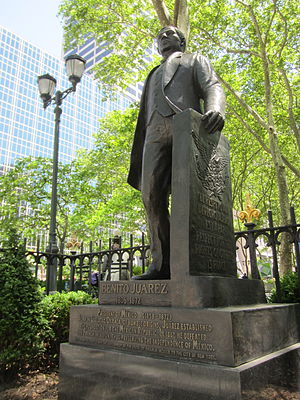
Benito Juarez was the 26th President of Mexico between 1858 – 1872 and is a huge figure in Mexican culture. He is considered a symbol of Mexican Nationalism and resistance to foreign intervention for his roller coaster life in Mexican Politics. During his life he was exiled several times from power and even Mexico. He successfully led Mexico through war with France and allowed Mexico to continue its independence from foreign rule. He devoted his whole life to Mexican independence and growth as a nation that he is the only person honored to have his birthday as a public and patriotic holiday every year on March 21st. He was president during the Battle of Puebla.
Benito Juarez was such a national treasure for Mexico it made me wonder who were some great Latino(a) military leaders in US History.
Five Latino(a) US Military Heroes we should all know:

Angela Salinas 
Pedro del Valle 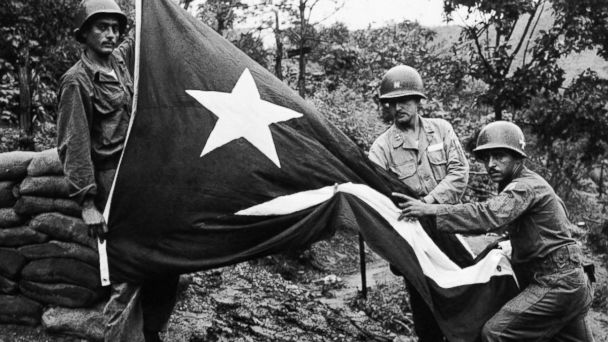
Borinqueneers
- Private France Silva who became the first of 13 Hispanic Marines to receive the Medal of Honor was of Mexican decent and born in California in 1876. The Medal of Honor is the US’s highest and most prestigious personal military decoration. Private Silva received the medal for his combat and bravery in the Boxer Rebellion of China in 1901.
- Pedro del Valle was a US Marine and the first Latino to reach the rank of Lieutenant General. He served during the years of 1915 – 1948 which included service in WWI, WWII, the Battle of Okinawa and many others. He was born in San Juan, Puerto Rico while it was still under colonial Spanish rule. After WWII, he was recommended for the position of Governor of Puerto Rico, which between 1898 – 1942 were appointed by the President of the United States. He eventually asked to be withdrawn from consideration leading to the appointment of Jesus Piñero who is the first civilian and native Puerto Rican appointed Governor of the island.
- Angela Salinas is an American retired General in the Marines. She is the first Hispanic woman to become a general in the Marines and the first woman to command a Marine Corps Recruit Depot. She now serves as the CEO of a branch of the Girl Scouts of America.
- The Borinqueneers aka 65th Infantry Regiment is a Puerto Rican regiment created shortly after Puerto Rico became a commonwealth of the United States. It was nicknamed Borinqueneers after the Taino name for the island Borinquen. It has been active in all the major US wars since its creation in 1920.
- David Farragut – This was a big surprise for me and I wanted to include him as I have seen his name from time to time plastered on streets or schools. Farragut’s father was from Spain but died early in his life and he was adopted by a naval officer in Virginia. He fought for the US in many of their early wars and fought on the side of the Union during the Civil War.
Diverse group shows we have been here from the start!
I wanted to share a diverse group of Hispanic / Latino(a) Americans that served our country throughout the history of the United States to show we have always been present from the start. On this Cinco de Mayo symbolizing where Mexicans united to fight for their nation even though they were outnumbered proves we can fight the insurmountable. We need equal representation as we have fought for this country alongside the very diverse history of the people who call themselves Americans.


